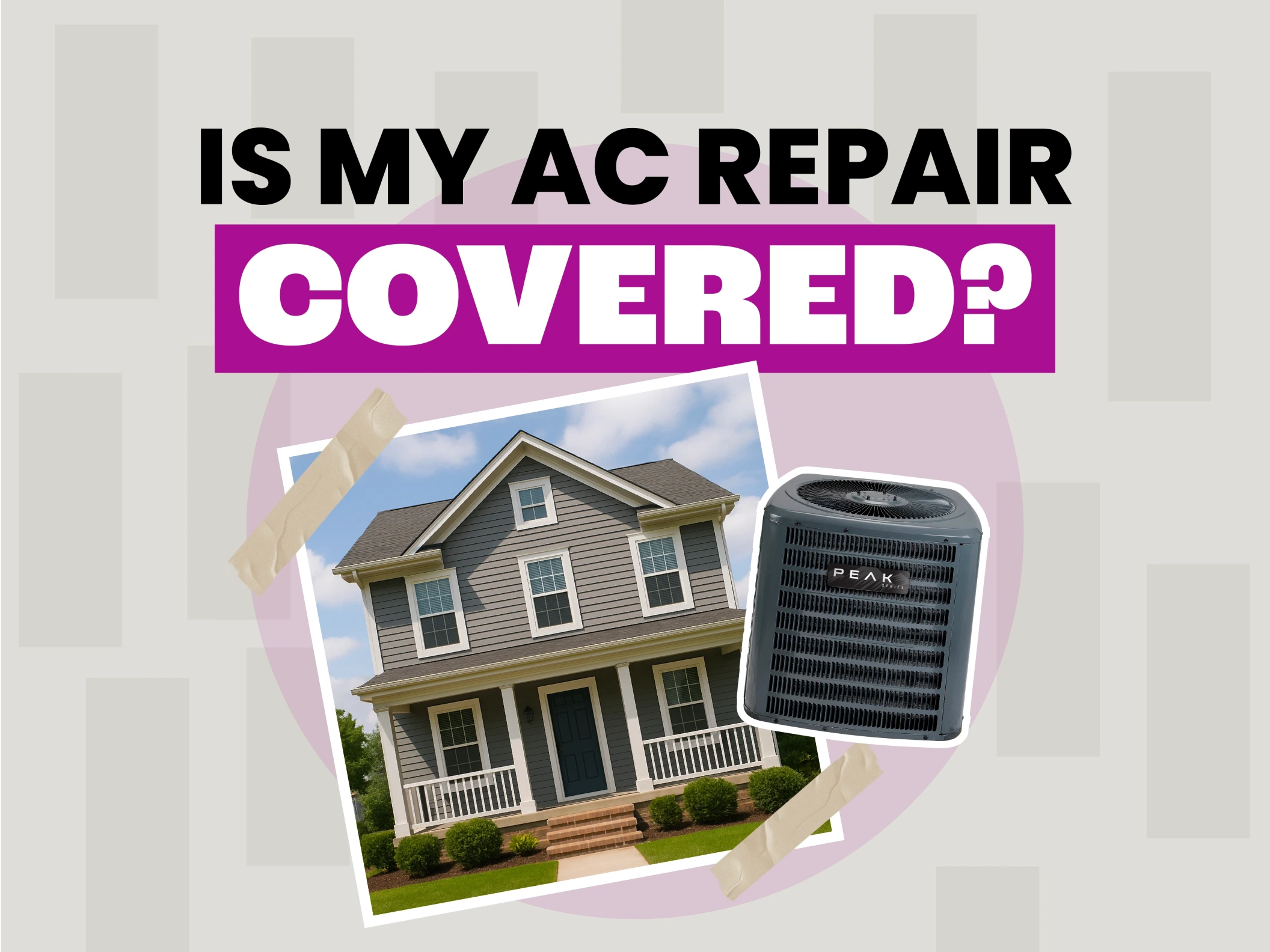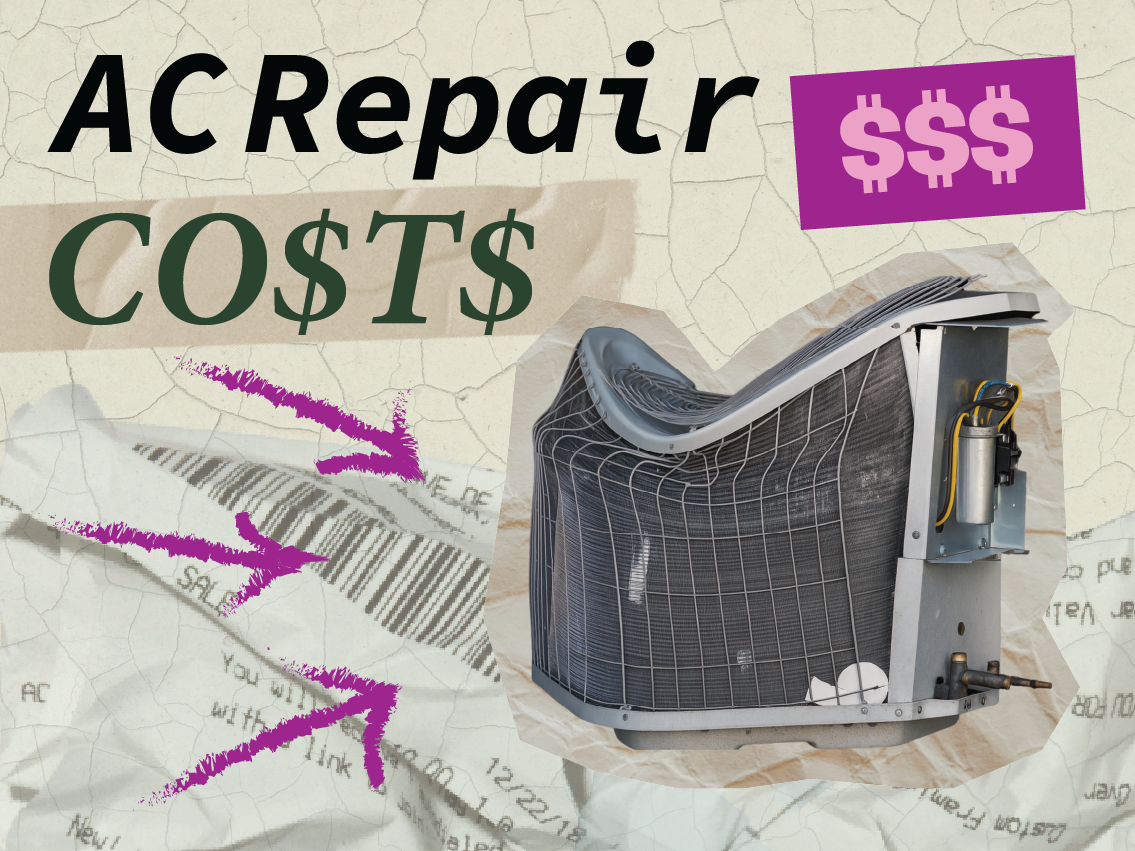It’s important to know the differences between the different kinds of air conditioners on the market when selecting the one for your house. Every kind of air conditioner has special qualities and is appropriate for particular applications and areas. This thorough guide will examine the various kinds of air conditioners and assist you in selecting the right one for your cooling needs.
1. Central Air Conditioning Systems
Pros:
✅ Evenly cools large spaces
✅ Integrates with existing heating systems
✅ Offers air filtration benefits
Cons:
❌ Requires ductwork
❌ More expensive to install and operate
Best for: Larger homes with existing ductwork and those seeking a whole-home cooling solution.
Central air conditioning systems are designed to provide a comprehensive cooling solution for the entire home. These systems function by circulating cool air through a network of ducts and vents, offering a consistent temperature throughout the house. They are particularly suitable for larger homes where uniform cooling across multiple rooms is desired.
Ideal Situations for Central Air Conditioning
- Best Fit Scenarios: Central air conditioning systems are best suited for larger homes with multiple rooms that require consistent cooling. They are an excellent choice for homeowners looking for a long-term, efficient cooling solution.
- Considerations for Home Size and Layout: Before opting for a central air system, it’s important to consider the size and layout of your home. Homes with open floor plans or multiple stories may benefit more from a central system compared to smaller, single-level homes.
2. Ductless Mini-Split Systems
Pros:
✅ No need for ductwork
✅ Energy-efficient
✅ Less invasive installation
Cons:
❌ Higher upfront costs
❌ Visible indoor units
Best for: Homes without ductwork, room additions, or specific areas needing independent temperature control.
Central air conditioning systems are designed to provide a comprehensive cooling solution for the entire home. These systems function by circulating cool air through a network of ducts and vents, offering a consistent temperature throughout the house. They are particularly suitable for larger homes where uniform cooling across multiple rooms is desired.
Optimal Use of Ductless Mini-Splits
- Best for Homes Without Ductwork: Ductless mini-splits are an excellent solution for homes that lack existing ductwork or where installing ductwork is impractical or too costly.
- Adding AC to New Additions: For new home additions, garages converted into living spaces, or outbuildings, ductless systems offer an efficient way to extend cooling without the need for extending existing ductwork.
- Zoning Individual Rooms: They are ideal for households where different members prefer different temperatures in their rooms, as each zone can be controlled independently.
3. Window Air Conditioners
Pros:
✅ Affordable and easy to install
✅ Perfect for small spaces
Cons:
❌ Blocks window space
❌ Can be noisy
❌ Suitable only for smaller areas
Best for: Single rooms, apartments, and areas where a portable or permanent solution is needed for a small space.
Window air conditioners are compact, self-contained units designed to cool single rooms or small spaces. They are commonly installed in a window or through a wall and are a popular choice for their simplicity and convenience. Window ACs are particularly favored in apartments, small homes, or as supplemental cooling in larger homes.
When to Choose Window Air Conditioners
- Ideal for Single Room Use: Window air conditioners are best suited for cooling single rooms or small spaces. They are an excellent choice for renters, those on a budget, or as a supplemental cooling solution in addition to a central air system.
- Temporary or Seasonal Cooling Needs: These units can be removed and stored during cooler months, making them a good option for temporary or seasonal use.
4. Portable Air Conditioners
Pros:
✅ Portable and versatile
✅ No permanent installation required
✅ Can be stored when not in use
Cons:
❌ Less efficient than other types
❌ Can be noisy
Best For: Temporary cooling needs, homes where window units are impractical, and renters.
Portable air conditioners are versatile, self-contained units that can be easily moved from one room to another. They are ideal for situations where a permanent installation like a window unit is not feasible. These ACs typically vent through a hose connected to a window, ensuring the warm air is expelled outside.
Situations Best Suited for Portable Air Conditioners
- Temporary or Spot Cooling Needs: If you need cooling in a space for a short period or want to cool a specific area of your home, portable air conditioners are a suitable choice.
- Homes Where Window Units Are Impractical: In homes where window configurations or restrictions (like in some apartments or HOA guidelines) make window units impractical, portable ACs offer an alternative solution.
- Supplemental Cooling: For larger homes with central air, portable units can provide additional cooling to rooms that tend to run warmer, such as kitchens or upper floors.
5. Hybrid Air Conditioners
Pros:
✅ Energy-cost savings by alternating between gas and electric power
✅ Efficient in both hot and cool seasons
✅ Eco-Friendly
Cons:
❌ Higher initial investment
Best for: Homes in regions experiencing both hot and cold seasons, and for those looking to reduce energy consumption.
Hybrid air conditioners, also known as hybrid heat pump systems, represent a cutting-edge approach to home climate control. These systems combine the efficiency of a heat pump with the power of a traditional gas or electric furnace. This dual approach allows the system to switch between energy sources based on temperature needs and efficiency, making it a versatile and eco-friendly option for home cooling and heating.
Ideal Situations for Hybrid Air Conditioners
- Best for Varied Climates: Hybrid air conditioners are particularly well-suited for regions that experience a wide range of temperatures throughout the year, from hot summers to cold winters.
- Long-Term Residence: For homeowners planning to stay in their homes for many years, the initial investment in a hybrid system can pay off in the long run through reduced energy bills and increased home comfort.
- Eco-Conscious Homeowners: Those looking to reduce their carbon footprint and prioritize sustainability in their home climate control may find hybrid air conditioners to be an ideal solution.
6. Geothermal Heating and Cooling
Pros:
✅ Exceptional Energy Efficiency
✅ Eco-Friendly Operation
✅ Long Lifespan and Reliability
Cons:
❌ Higher initial investment
❌ Landscape Requirements
❌ Installation Complexity
Best for: Environmentally conscious homeowners with suitable land for installation, who are looking for a long-term, sustainable investment in their property’s heating and cooling system.
Geothermal heating and cooling systems represent an innovative and sustainable approach to regulating home temperatures. These systems leverage the stable temperature of the earth, utilizing it to cool and heat your home. A geothermal system typically consists of an underground loop of pipes and a heat pump, making it highly efficient and eco-friendly.
Ideal Situations for Geothermal Systems
- Eco-Conscious Homeowners: For those prioritizing environmental sustainability, geothermal systems offer a way to significantly reduce their carbon footprint.
- Long-Term Residences: Given the high initial investment, geothermal systems are best suited for homeowners who plan to stay in their homes for many years, allowing them to fully benefit from the system’s efficiency and cost savings over time.
- Homes with Suitable Landscapes: Properties with enough land to install the necessary underground piping are ideal candidates for geothermal systems
7. Smart Air Conditioners
Pros:
✅ Exceptional Energy Efficiency
✅ Eco-Friendly Operation
✅ Long Lifespan and Reliability
Cons:
❌ Higher initial investment
❌ Landscape Requirements
❌ Installation Complexity
Best for: Tech-Savvy Users and Smart Homes
Smart air conditioners represent the convergence of traditional cooling technology with modern smart home capabilities. These units are equipped with IoT (Internet of Things) connectivity, allowing them to be controlled and monitored remotely via smartphone apps. Smart ACs can include portable, window, or mini-split systems enhanced with smart features.
Ideal Situations for Smart Air Conditioners
- Tech-Enthusiasts: Those who enjoy using the latest technology and want to add convenience and efficiency to their home cooling systems will find smart air conditioners appealing.
- Homes with Existing Smart Technology: For homeowners who have already invested in smart home technology, adding a smart air conditioner can further enhance the interconnectedness and automation of their home environment.
- Energy-Conscious Consumers: Individuals looking to closely monitor and manage their energy use will benefit from the detailed controls and energy-saving features of smart AC units.
The Verdict
Selecting the right air conditioner for your home is a decision that combines comfort, efficiency, and lifestyle considerations. Whether it’s the widespread cooling of a central air system, the targeted approach of ductless mini-splits, the convenience of window or portable units, the advanced eco-friendliness of hybrid or geothermal systems, or the cutting-edge features of smart air conditioners, each type offers unique benefits to suit different needs and preferences.
Consider the size of your space, installation requirements, budget constraints, and energy efficiency goals when making your choice. For larger homes with existing ductwork, central air conditioning systems offer a comprehensive solution, while ductless mini-splits provide flexibility for homes without ductwork. Window and portable air conditioners are excellent for smaller spaces or temporary cooling needs. If you’re looking for an eco-friendly and long-term investment, consider hybrid or geothermal systems. For those who embrace technology, smart air conditioners offer convenience and integration with smart home ecosystems.
Ultimately, the best air conditioning system for your home will depend on your specific circumstances. We recommend consulting with HVAC professionals who can provide tailored advice and guide you through the installation process. With the right system in place, you can enjoy a comfortable, cool, and efficient home environment tailored to your lifestyle and needs.






















